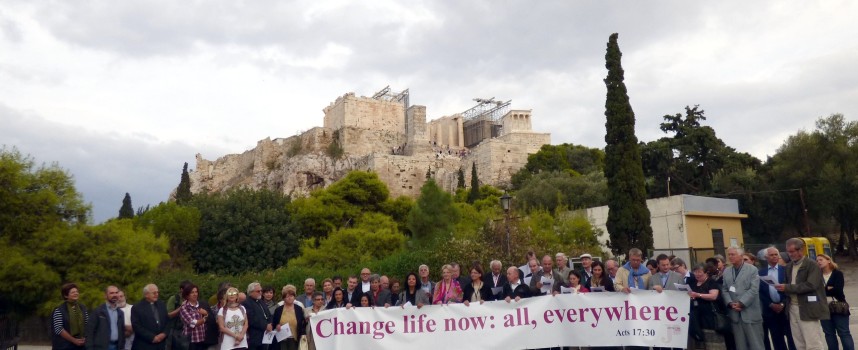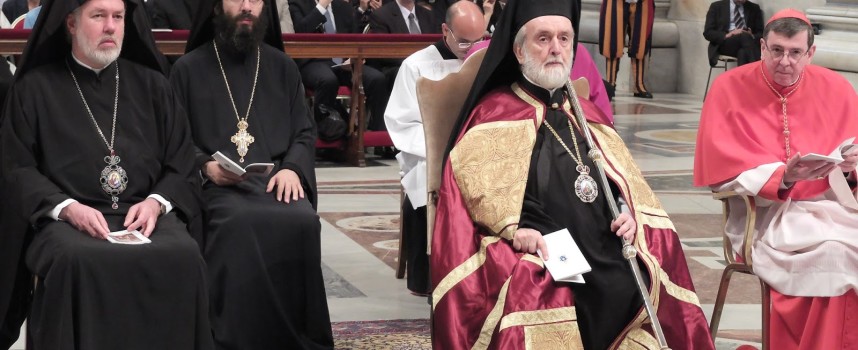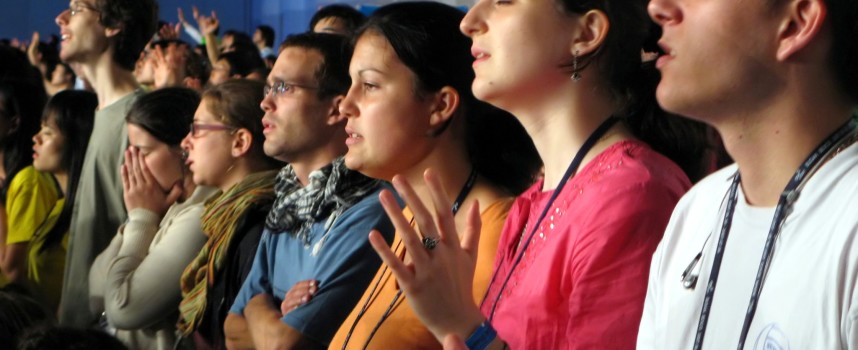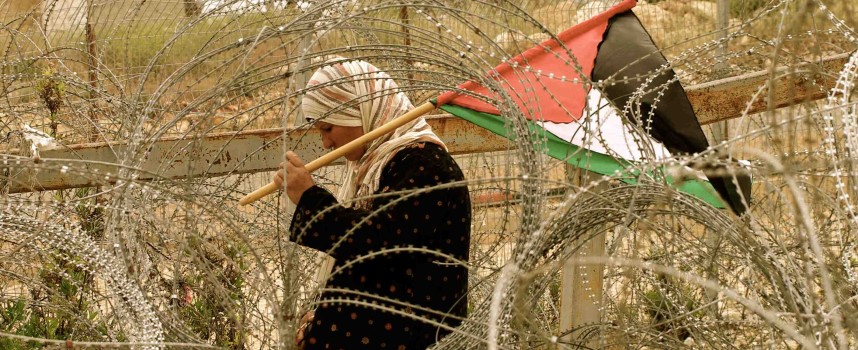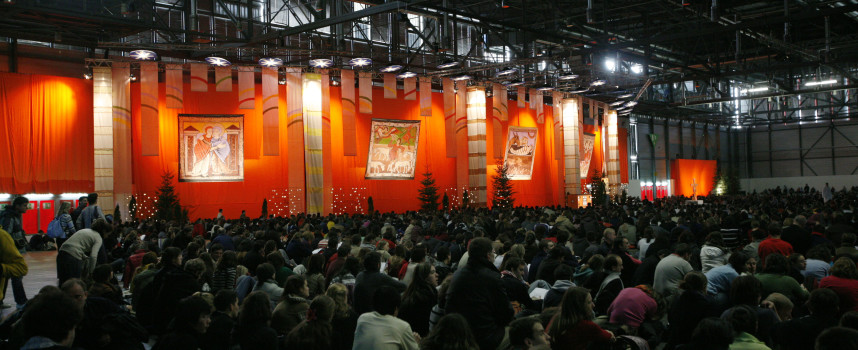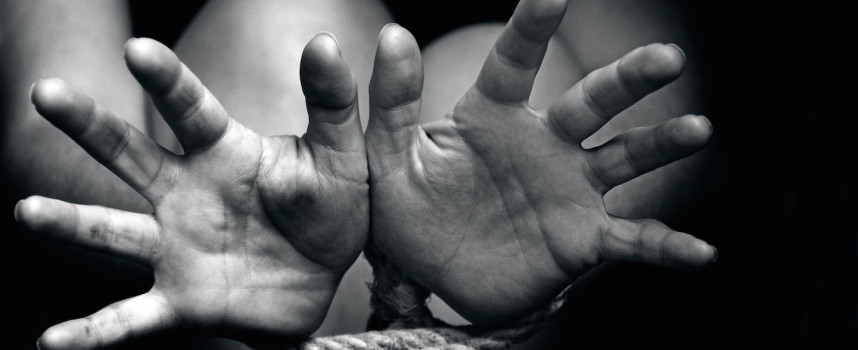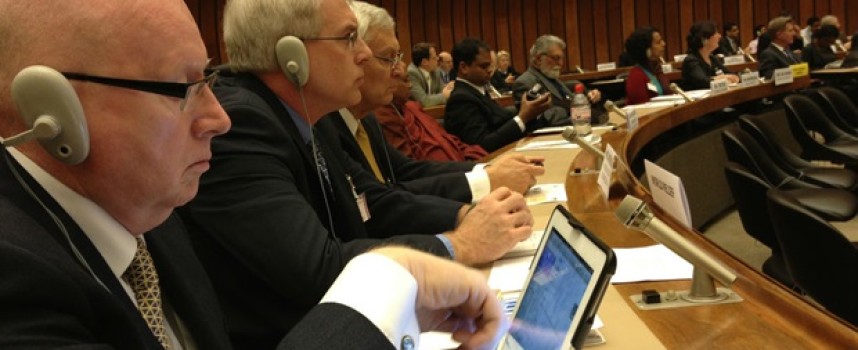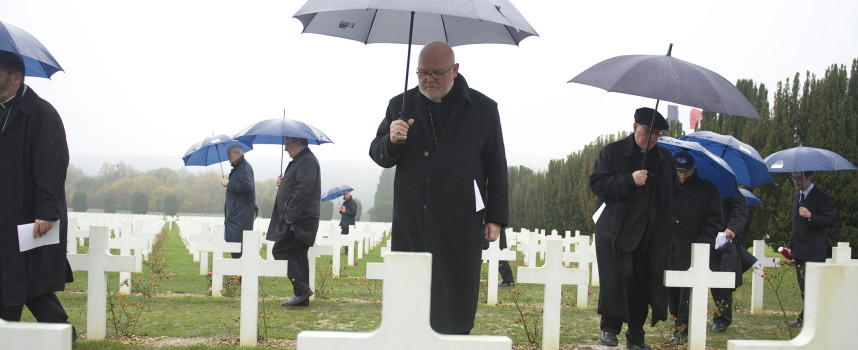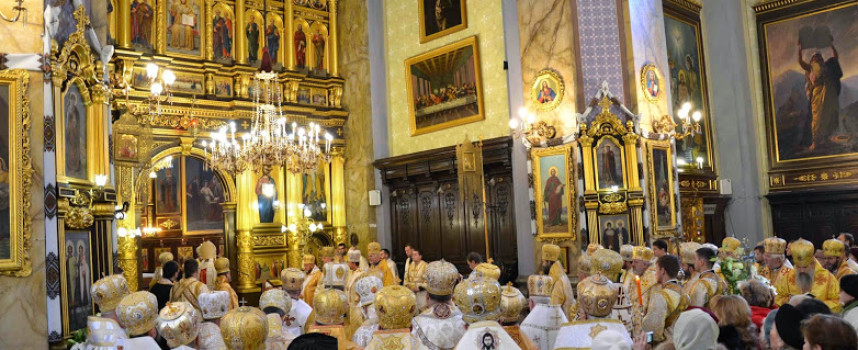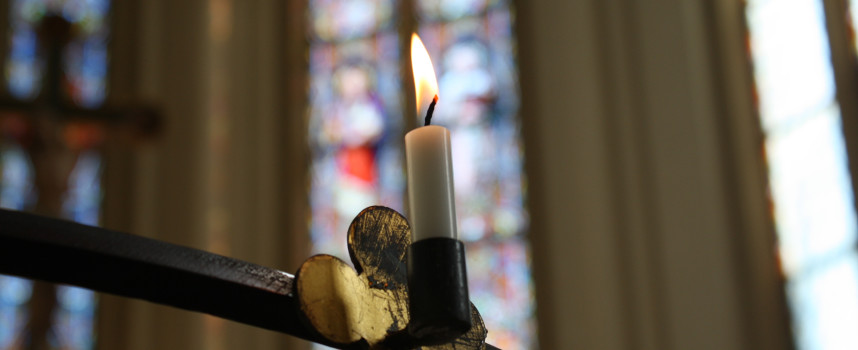Christian Churches
EN | IT – The Catholic Church in Europe speaks out publicly on the intensification of nationalist phenomena. She does it through the European network of the 31 national “Justice and Peace” commissions, by means of a document, The Nationalism of Exclusion, which opens, along with other proposals, the Concerted Action 2015.
EN | IT – “A true master” who has traced the road for the present and future of our academic community. This is the definition given by Cardinal Angelo Scola, Archbishop of Milan and Grand Chancellor of the University of Northern Italy’s School of Theology, to describe Johannis Zizioulas, Metropolitan of Pergamum, when the Orthodox scholar was awarded an honorary degree by the same university on January 24.
EN | IT – Should we really follow the currently prevailing ideological-economic relativism – as many Protestant ecclesial communities have done – distorting our identity in order to win back the faithful we have lost? Beyond any other kind of reasoning, we believe that figures are quite eloquent and unmistakably so.
EN | IT | FR | DE | ES – Human dignity is given by God and is absolute. The ongoing conflict assaults the dignity of both Palestinians and Israelis, but in a particular way our commitment to the poor calls us to lift up the suffering people in Gaza (Statement of the Co-ordination of Bishops’ Conferences in support of the Church in the Holy Land)
EN | FR | IT – From 29th December to 2nd January, 2015, the Taizé community will host in the Czech capital the 37th European youth meetings it organizes at the end of each year. Here are some echoes of the preparation.
EN | IT | FR – It is assessed that over 800,000 women, men and children are the victims, today, of trafficking in human beings within the EU. Almost 60% of the victims come from one of the countries of the Union. It’s becoming urgent for the EU and its member states to put into effect the existing legal framework and to intensify the cooperation with civil society and the religious organizations working with the victims on a local level. This is one of the main messages coming from the Seminar for a Dialogue with the European Commission organized on November 27th by Comece and by the Commission “Eglise et Société” of Cec, in collaboration with Ccme.
EN | IT – Last week it was my privilege to meet Pope Francis for the third time. I first met him after his installation. This past summer, at his invitation, I visited him in his home for a three-hour private, non-scripted conversation. Last Thursday I led a 24-person delegation of leaders from the World Evangelical Alliance for an historic official meeting. During each encounter I recognised his warmth, authenticity, sense of humour and depth of spirituality. This only confirmed what I was told by our Evangelical colleagues from Argentina who know Pope Francis well from the time when he was still Cardinal Bergoglio.
EN | IT | FR – Bishops from across the continent of Europe visited Verdun as pilgrims to mark the centenary of the outbreak of the First World War. Two simple services of prayer were held at the Ossuaire de Douaumont and individual bishops laid votive lamps in the chapel of the Ossuaire where the bones of 130,000 unknown soldiers repose.
EN | IT | FR | DE – The annual meeting of the Eastern Catholic Hierarchs of Europe was held in Lviv (Ukraine), on the occasion of the 25th anniversary of the legalization of the Ukrainian Greek-Catholic Church, at the invitation of His Beatitude Sviatoslav Shevchuk, Archbishop Major of Kyiv-Halyč. In Lviv, 45 Eastern Catholic bishops in Europe have been discussing the identity and mission of the Eastern Catholic Churches in the ecumenical movement and in European societies.
EN | FR | IT – Quasi mezzo secolo fa, mentre il Concilio Vaticano II si avvicinava alla conclusione, i vescovi della Polonia presero l’iniziativa d’inviare una lettera ai loro confratelli dell’episcopato tedesco. Nel loro messaggio, perdonavano e chiedevano perdono e desideravano “salutare e ringraziare i fratelli protestanti tedeschi” per il loro impegno nel “trovare soluzioni alle difficoltà” che avevano diviso i due popoli. Questo esempio spiega i diversi possibili punti di contatto tra il cammino ecumenico e la costruzione europea: il peso della storia, la gravità delle divisioni, la necessità del perdono.

